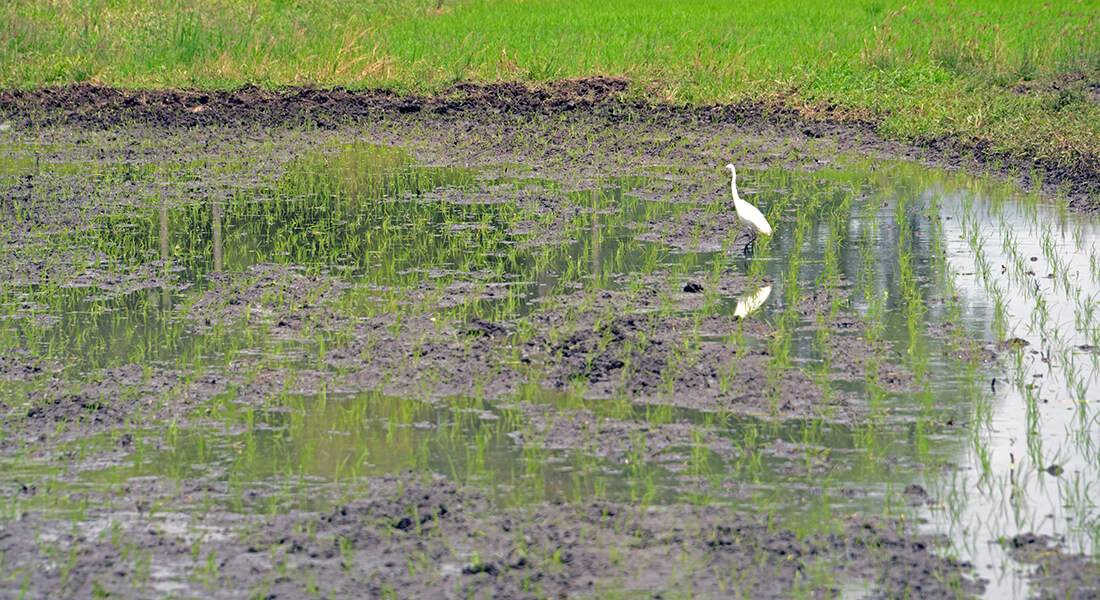What is the Global Wetland Center?
Wetlands are amongst the ecosystems with the highest storage of carbon and are therefore crucial for climate change mitigation. However, the last few centuries have been characterized by loss of wetland area and wetland degradation, threatening this important ecosystem service.
In the Global Wetland Center, we integrate biogeochemical and hydrological modelling, remote sensing, field observations and AI techniques to study the greenhouse gas balance of global wetlands. We want to support the design of wetland management strategies that can optimize their role in climate change mitigation.
Funding
Project: The Global Wetland Center is funded by the Novo Nordisk Foundation
Period: January 2024 - December 2029
 |
 |
 |


